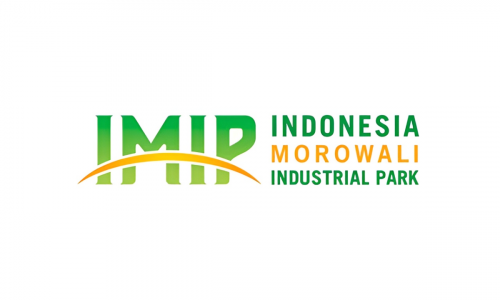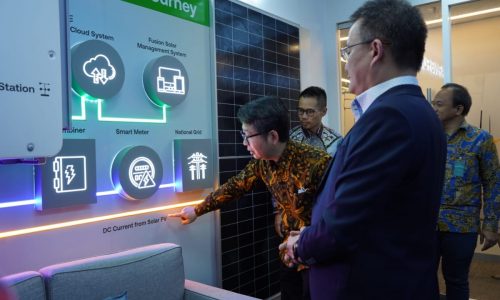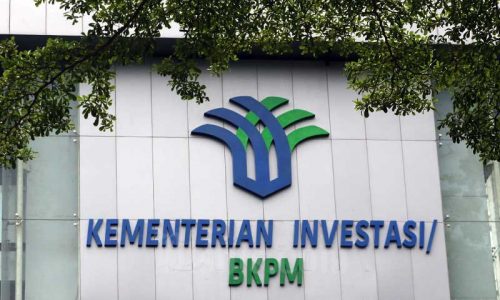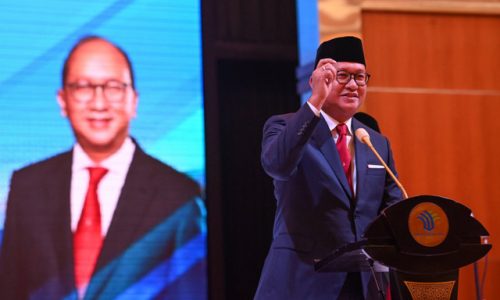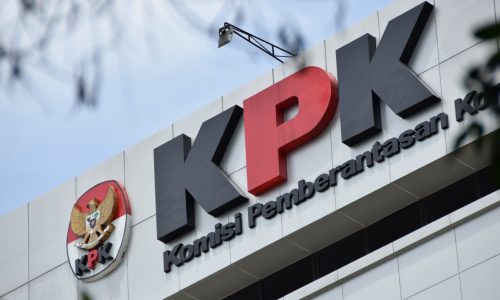President Prabowo Subianto has been criticized over his idea of granting clemency to corrupters who are willing to return back the corrupted state assets.
A number of critics questioned the effectiveness behind the proposal, while civil society organizations asked Prabowo to hasten the ratification of the Draft Law on Asset Seizure as a priority measure in corruption eradication.
President Prabowo said while addressing a gathering at the University of Al-Azhar in Cairo, Egypt on Wednesday, December 18, 2024 that corruptors or those who had earned money through corruption and give back the stolen money maybe forgiven.
Agus Sunaryanto, a Coordinator in Indonesia Corruption Watch (ICW), said that Prabowo should prioritize hastening the deliberation of the Draft Law on Asset Seizure than giving clemency to corruptors.
According to him, the Draft Law on Asset Seizure is in line with state commitment as listed on Prabowo’s election campaign Astacita document to strengthen reform in politics, law, and the prevention and eradication of corruption.
He also reiterated that President Prabowo should have created a Presidential Letter to make the Draft Law to be sounded in the House of Representatives (DPR).
Meanwhile, right now the Draft Law is already part of the National Legislation Program (Prolegnas) for the period of 2025-2029.
“When this Draft Law is legalized it could also restore state assets, to then be used to support the hastening of several state priority programs,” Agus said on Friday, December 20, 2024.
Mahfud MD, former Coordinating Minister for Political, Legal, and Security Affairs has also given the same opinion on the matter.
Mahfud had pushed the state to hasten the legalization of the Draft Law on Asset Seizure rather than giving clemency to corruptors who returned state assets.
According to Mahfud, the notion to give clemency to corruptors also gives risk to potentially giving amnesty secretly.
He said, clemency should be given when it has met the elements of accountability, and transparency.
Law enforcement
Boyamin Saiman, Coordinator of the Indonesian Anti-Corruption Community (MAKI), said the concept of clemency should be strengthened with the strengthening of law enforcement commitment. He added, generally corruptors do not confess that they did corruption.
“How can these corruptors want to give back their stolen money when they do not feel guilty,” Boyamin said on Friday, December 20, 2024.
He cited that corruptors often feel assets or money received from corruption as part of their wage rights from projects they are involved in.
“It feels that they would not confess or give back the assets to the government,” he said.




